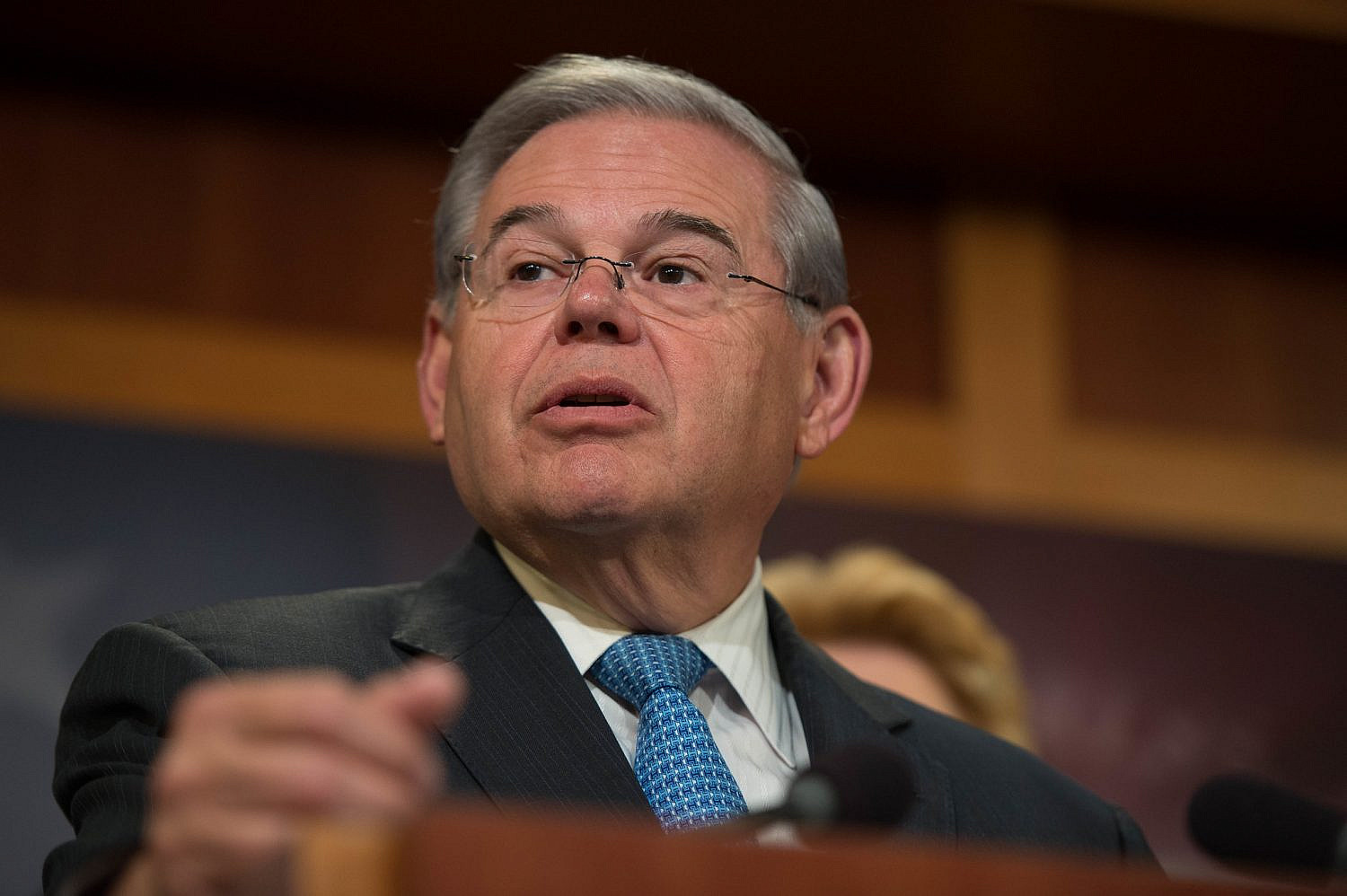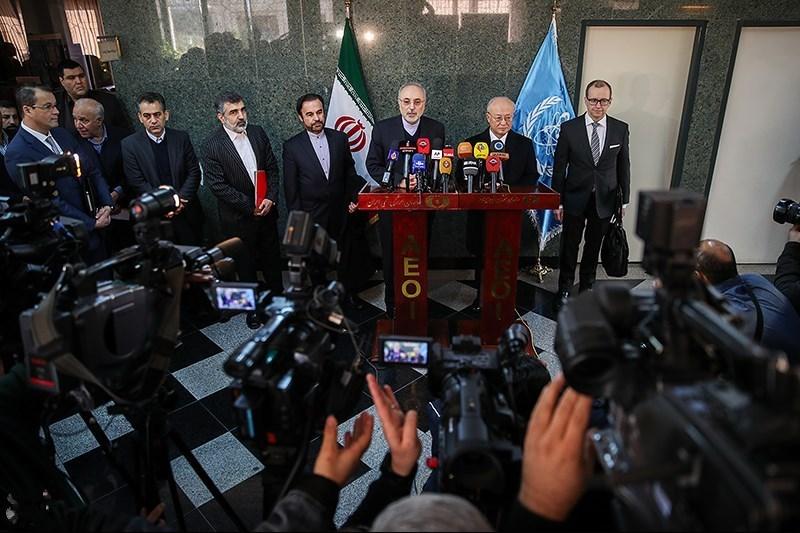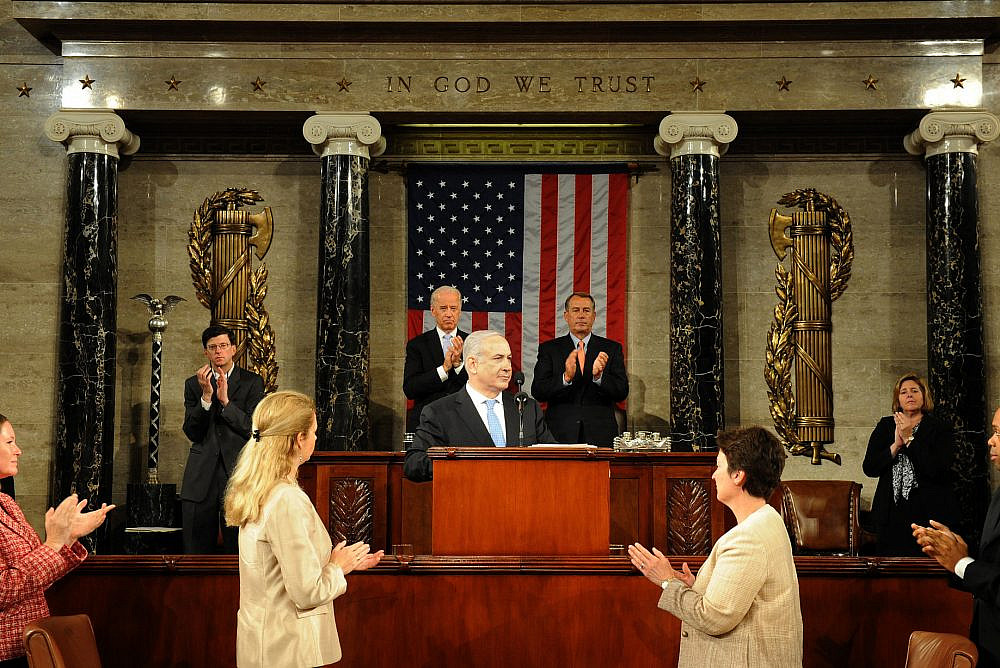A Brief Colonial History Of Ceylon(SriLanka)
Sri Lanka: One Island Two Nations
A Brief Colonial History Of Ceylon(SriLanka)
Sri Lanka: One Island Two Nations
(Full Story)
Search This Blog
Back to 500BC.
==========================
Thiranjala Weerasinghe sj.- One Island Two Nations
?????????????????????????????????????????????????Thursday, April 15, 2021
How hawkish Democrats are impeding Biden’s Middle East policy
Almost three months into the Biden administration, the Israeli occupation of the West Bank and the ongoing siege of the Gaza Strip remain low on the U.S. agenda — and there is no reason to expect that to change in the near future. This demotion of Israel-Palestine, especially compared to previous presidents, is not just due to Biden’s need to focus on other pressing issues: in fact, a key reason for this shift is that the political price for re-engaging with the conflict remains very high — including within Biden’s own party.
Since taking office, Biden and his team have made it clear they do not see a viable path forward in recreating a peace process between Israel and the Palestinians. And yet they have made it equally clear they see no alternative to the two-state solution and the Oslo Accords that have been in place for a quarter century. All the while, the occupation has only deepened.
The current administration also does not intend to reverse many of former President Donald Trump’s most damaging moves, such as recognizing Jerusalem as Israel’s capital and moving the embassy there from Tel Aviv. It has done nothing to reopen the Jerusalem consulate that, for decades, had served as a proxy embassy to the Palestinian territories, nor has it made any move to reopen the PLO office in Washington, as Biden promised to do on the campaign trail.
Biden’s de-prioritization of the conflict is generally understood to be the result of various factors, including the years-long breakdown in negotiations between Israel and the Palestinians; the ongoing turmoil in Israeli politics; the split in the Palestinian leadership between Fatah and Hamas; and the possibility of change in both the Israeli and Palestinian governments after elections this year.
 |
U.S. Vice President Joe Biden meets with Palestinian President Mahmoud Abbas, in the West Bank city of Ramallah, March 9, 2016. (Flash90)
Another factor, which has been particularly significant in recent months, is the administration’s desire to avoid putting further strain on efforts to restore the Iran nuclear deal (the Joint Comprehensive Plan of Action, or JCPOA).
Israel has aggressively opposed the JCPOA for years, and may be escalating its campaign to sabotage efforts at reviving the deal. On Sunday, an explosive device damaged the electricity systems at Iran’s nuclear facility in the city of Natanz; Israeli media, citing Western intelligence sources, placed responsibility for the act at Israel’s feet. The timing of the attack was clearly meant to disrupt the U.S.-Iran talks in Vienna this month.
The Natanz operation was carried out while U.S. Defense Secretary Lloyd Austin was in Israel for meetings with Defense Minister Benny Gantz and Prime Minister Benjamin Netanyahu. While the White House sharply distanced itself from the Natanz attack and has not named the party responsible, they have neither rebuked Israel nor condemned the attack publicly. This is further evidence of Biden’s reluctance to stir up the hornets’ nests with Israel or its supporters in Washington.
The question of Iran bears heavily not only on Biden’s foreign policy but on his domestic concerns as well. While some of the Trump administration’s actions have certainly made it more complicated for Biden to re-enter the nuclear deal, perhaps the most vexing obstacle he faces is the hawks within his own Democratic Party. If Biden decides to take on the issue of Israel’s occupation at a later stage, those same hawks will find it even easier to stand athwart the president’s policy agenda.
Slowing an Iran deal
Chief among this camp of conservative Democrats is Sen. Bob Menendez, the chair of the Senate Foreign Relations Committee and one of the most powerful Democrats in Congress. A longtime stalwart of the American Israel Public Affairs Committee (AIPAC), and one of the most hawkish pro-Israel voices in the Senate, Menendez has left no doubt that he intends to press Biden toward more aggressive foreign policy positions, just as he did when he last occupied the chair during the Barack Obama administration.
 |
Sen. Robert (Bob) Menendez of New Jersey during a press conference of Senate Democrats, April 28, 2016. (Senate Democrats/Flickr)
We are already seeing the effects of Menendez’s pressure in Biden’s slow, trepidatious movement toward re-entering the JCPOA. This is despite broad public support in the United States for re-entering the deal, which a strong majority opposed leaving in the first place.
While there are already significant hurdles that make re-entry challenging, these are greatly magnified by opposition among some key Senate Democrats, led by Menendez. As the Foreign Relations Committee Chair, Menendez has the power to make life very difficult for Biden on foreign policy, including by controlling the allocation of government funding or by promoting legislation that limits Biden’s options.
That power is magnified in the evenly split Senate, where Biden needs the support of every Democrat to fill out his staff and pursue his ambitious domestic agenda. Thus, while Biden technically has the authority to act as he wishes on matters like Israel-Palestine, the political machinations around him won’t make it so easy.
Menendez has made it clear that he expects to exercise that influence on Biden’s foreign policy and has focused on the Iran deal to make his point. For example, he has slowed the process of confirming key Biden nominees who had previously played central roles in Barack Obama’s efforts to craft the JCPOA during his presidency. This is essentially a warning from Menendez, telling Biden that he expects to be brought on board with the president’s decision-making — something he felt Obama did not do enough.
Moreover, the senator led an effort last month — working with Lindsey Graham, a leading Republican and Trump loyalist — to press Biden into a much harder line on the Iran deal, one which would almost certainly make it impossible to reach an agreement with Iran on reviving it.
 |
Former Director General of the International Atomic Energy Agency (IAEA) Yukiya Amano meets with high-ranking Iranian officials, including the head of Atomic Energy Agency of Iran, Ali Akbar Salehi. Dec. 18, 2016. (Tasnim News/Wikimedia)
Menendez seems to believe that this clout will compel Biden to consult with him on a regular basis. “It doesn’t mean that we’re going to agree 100 percent of the time. But it does mean that we will understand each other, where we’re coming from — and more likely than not, we will agree,” Menendez said.
However, given that the president and the senator have strikingly different views on many foreign policy issues — and that the latter has been actively working to impede Biden’s efforts — Menendez is probably painting a rosier picture of harmony than will actually exist.
‘Politicize even the low-hanging fruit’
So, what does all this mean for Israel-Palestine? Unlike previous presidents, Biden is coming into office with virtually no expectations for dealing with Israel’s occupation. Although Biden has been more forthright than his predecessor in opposing blatant annexation of the West Bank, he maintains a blind eye to the de facto annexation that has been going on for decades.
More positively, Biden has agreed to restore some funding for UNRWA, USAID programs, and security cooperation between Israel and the Palestinian Authority. These meager moves have been met with strong pushback from Republicans in Congress, as well as objections from Israel’s Ambassador to the United States, Gilad Erdan. However, in an encouraging sign, most Democrats have not joined in that criticism.
This likely reflects an understanding that, political posturing aside, cutting funds to refugees and development projects do not benefit anyone. Nonetheless, Brad Sherman, an influential Democratic representative, responded to the restoration of aid by reviving a bill, together with far-right Republican Congressman Lee Zeldin, to scrutinize textbooks that UNRWA uses in Palestinian schools. Other measures to target the refugee agency may yet be on the horizon.
 |
Palestinians receive their monthly food aid at a United Nations distribution center (UNRWA) in the Rafah refugee camp, in southern Gaza Strip, April 28, 2015. (Abed Rahim Khatib/Flash90)
The purpose of all this opposition is not necessarily to combat the minimal funding Biden has restored to Palestinians. Rather, it is to raise the political cost of addressing Israel-Palestine at all. As Lara Friedman, president of the Foundation for Middle East Peace told me, “The tactic of opponents of progress (between Israel and the Palestinians) is to politicize even the low-hanging fruit so people have to spend so much political capital on what should be simple matters that they have nothing left for tougher battles.”
Those battles would be difficult enough if they were only partisan. But as Menendez, Sherman, and other congressional Democrats have shown, Biden’s own party is deeply divided on the issue of Palestinian rights. In some ways, there is progress, with Democratic voices supporting Palestinian freedom becoming more prominent and impactful than ever. But there is still a very long way to go.
While both Israeli and Palestinian elections this year provide an excuse for Biden to keep U.S. policy toward the conflict on the back burner, the issue is likely to flare up eventually. Many Democrats will continue trying to make any U.S. action that is even minimally positive toward Palestinians as politically expensive as possible — and, like Menendez, many of them are in key positions to do so.
As his recent domestic legislation suggests, Biden is open to having popular pressures shape his policy agenda. But unless such pressure in support of Palestinian rights manifests soon, Biden’s own inclinations to maintain the Oslo status quo will surely prevail, to the detriment of everyone living between the Jordan River and the Mediterranean Sea.


